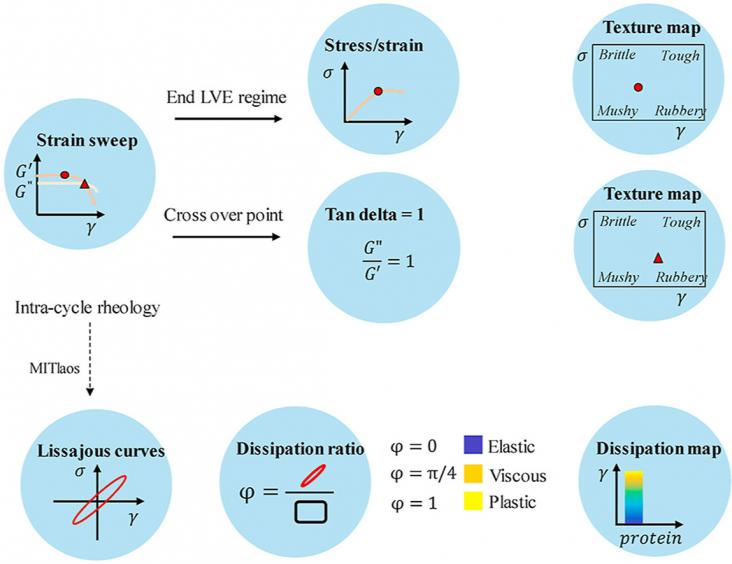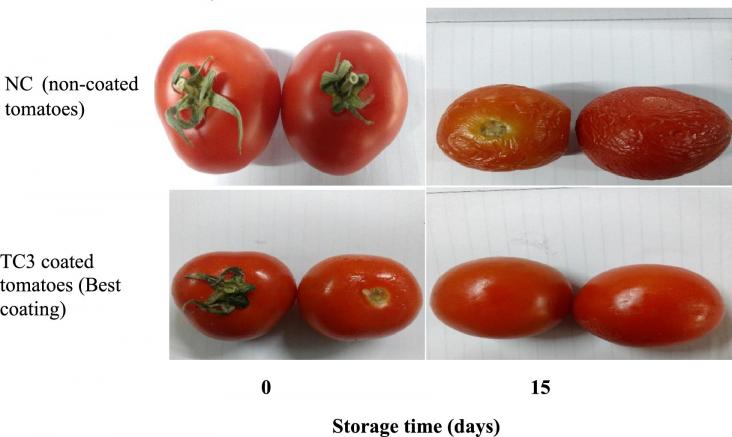
Agriculture is fundamental to all three pillars of sustainability, environment, society, and economy.
Coral reefs worldwide are facing impacts from climate change, overfishing, habitat destruction, and pollution.

The development of next-generation meat analogues can be accelerated by in-depth knowledge of the rheological properties of dense biopolymer blends.
A Review in support of SDG 2, summarising the consumption of fats globally and estimating the changes required to increase fat consumption in some parts of the world to nutritional recommendations, in a sustainable way

Research into coatings made from whey protein isolate and xanthan gum which could increase the shelf life of fruit and thus have potential to minimize post-harvest losses and food waste, supporting SDG2: Zero Hunger.
Background: Children with severe acute malnutrition (SAM) who require nutritional rehabilitation unit (NRU) treatment often have poor developmental and nutritional outcomes following discharge.
The authors conclude that there are multiple pathways to consumption of 5-a-day that would benefit both people’s health and the environment, providing a range of policy options from which governments can select according to their priorities. Their results show that the pathways prioritizing vegetables over fruit and favoring an increased consumption of UK-produced varieties would achieve a better balance of benefits across health and reduction in greenhouse gas emissions (GHGEs) and water use
In the face of grand challenges for society to eliminate hunger and improve planetary and human health, thoughtful investments in the agricultural sector can make a difference, but there is a critical need to look beyond production of calories and toward more healthy diets and food systems. Modeling the impacts of alternative future pathways for Disability-Sdjusted Life Years (DALYs) can help inform the discussion.
This article supports SDG 2, SDG 3, and SDG 13 by demonstrating the economic benefits of wind energy development to the local individuals and communities.
Proven and sustainable practices like climate-smart agricultural practices (CSAPs) need to be prioritized and promoted for uptake especially by the farmers to achieve sustainable development.
